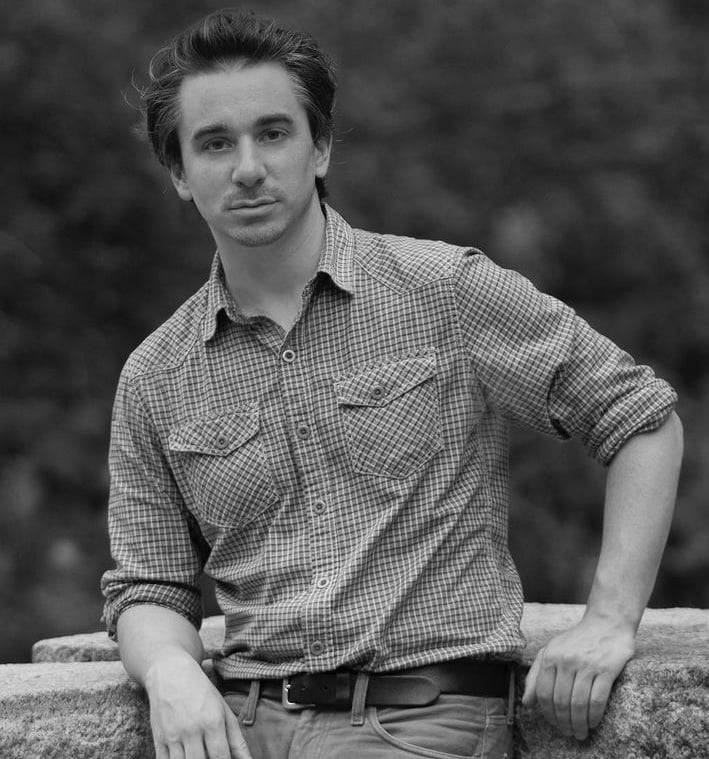Elegy for a Year
Before I watched you die, I watched the dying
falter, their hearts curled and purring in them
like kitfoxes asleep
beside their shadows, their eyes pawed out by the trouble
of their hunger. I was
humbling, Lord, like the taxidermist’s
apprentice. I said
yes, and amen, like the monk brushing
the barley from the vealcalf’s
withers, the heft of it
as it leans against his cilice.
Winter, I have watched the lost
lie down among their bodies, clarified
as the birdsong
they have hymned of.
I have heard the earth sing longer than the song.
Come, I said, come
summer, come
after: you were the bull-elk in the moonlight
of my threshold, knocking off the mosses from its antlers
before it backed away, bewildered, into foliage.
You were thin-ribbed, were hawk-
scarred, were few.
Yes, amen, before I heard you giving up
your singing, you were something stumbling hunted
to my open door; you were thinning with the milkweed
of the river. Winter, Wintering, listen: I think of you
long gone now
through the valley, scissoring
your ancient way
through the pitch pines. Not waiting, but the great elk
in the dark door. Not ravens
where they stay, awhile, in furor,
but the lost thing backing out
among the saplings, dancing off the madness
of its antlers. Not stone, not cold
stone, but fire. The wild thing, musk-blooded, at my open
door, wakening and wakening and
wakening, migrations
in the blindness of its wild eyes,
saying Look at them, look at how they have to.
Do something with the wildness that confounds you.
Copyright © 2017 by Joseph Fasano. Originally published in Poem-a-Day on January 26, 2017, by the Academy of American Poets.
“I began writing this poem with nothing in mind but a simple idea: I would speak, after some months of silence, directly to the particularly tumultuous year that had passed, as though it were some strange wild thing that had paid its visit. I soon found that the poem had grabbed me by the collar and that the year, with all of its deliveries and indifferences, was speaking brutally—and truthfully—to me.”
—Joseph Fasano

